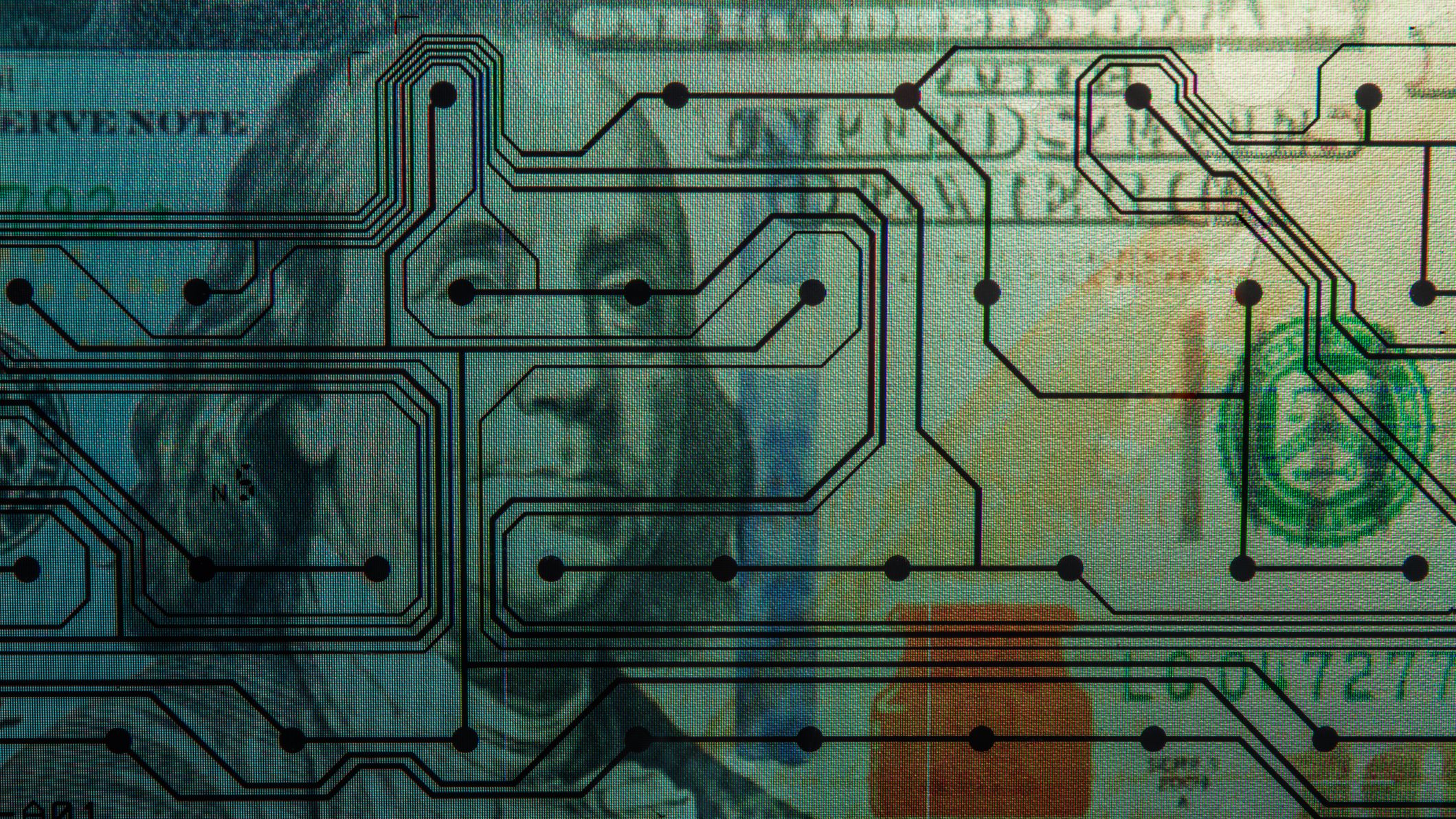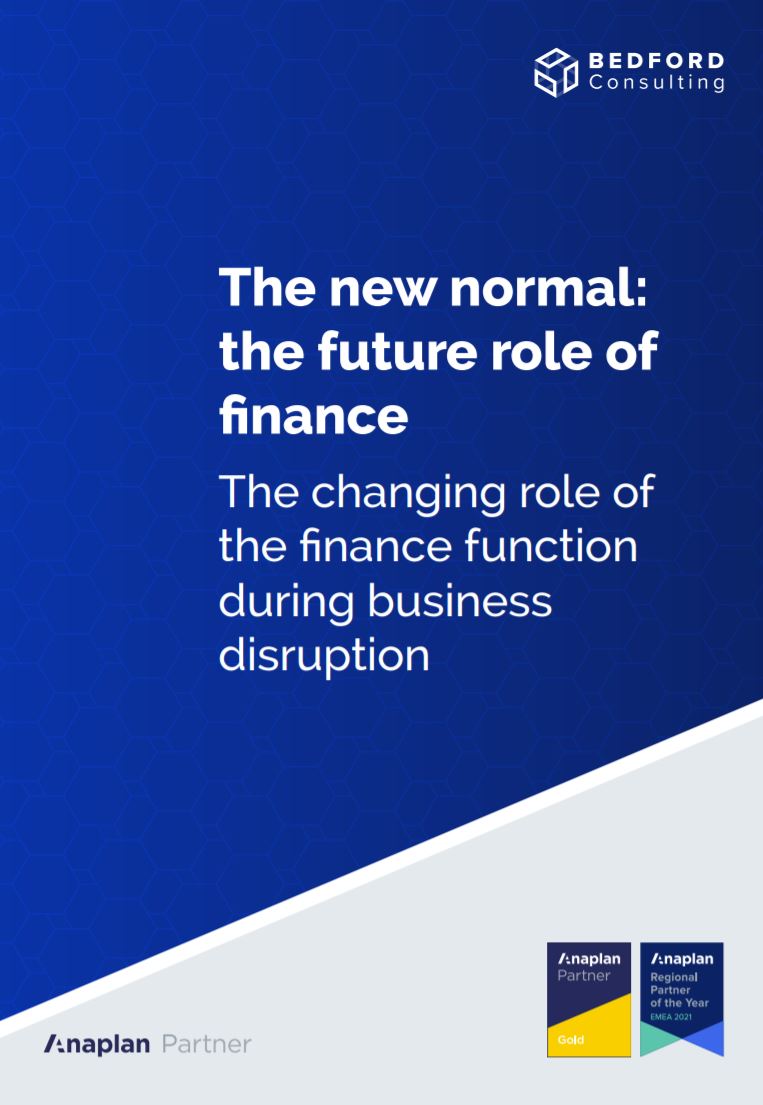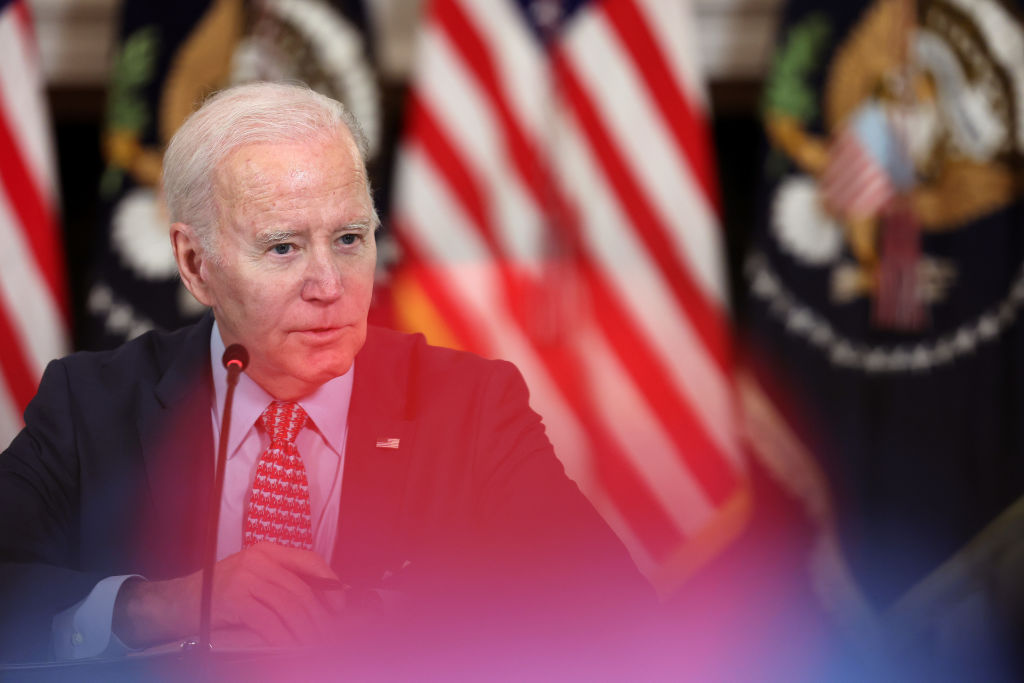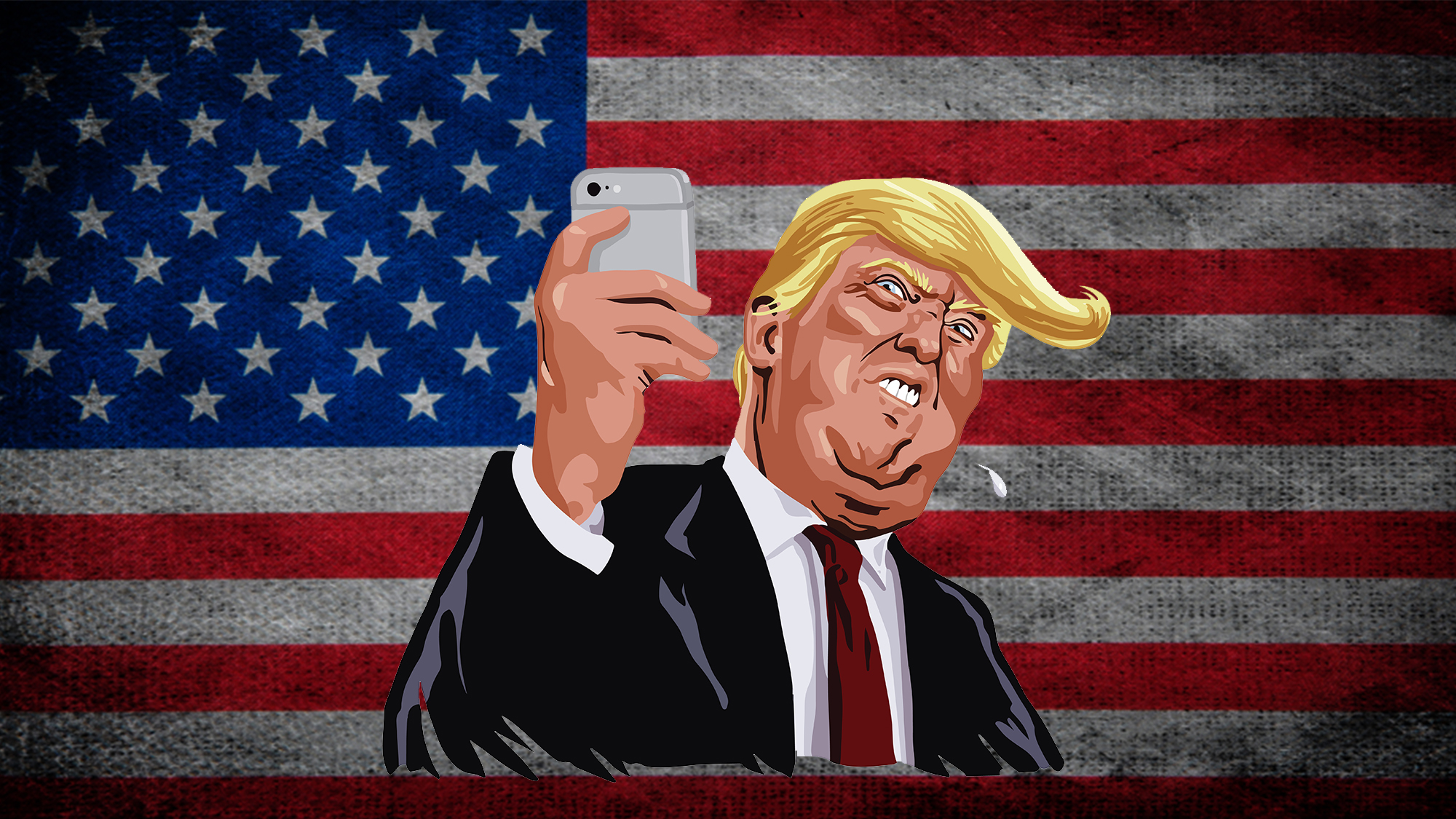Democrats propose privacy-focused digital dollar
The dollar would have to be able to make offline transactions and preserve anonymity


Five US democrats have proposed a bill that would develop an electronic version of the US dollar for use by the public.
The bill, the Electronic Currency and Secure Hardware (ECASH) Act, would promote greater financial inclusion, maximise consumer protection and data privacy, and advance US efforts to develop and regulate digital assets, said US representative Stephen Lynch, chairman of the task force on Financial Technology.
US representatives Jesús García, Rashida Tlaib, Ayanna Pressley, and Alma Adams are the other cosponsors of the bill, and are also part of the Committee on Financial Services.
The ECASH Act would establish a two-stage pilot programme led by the Treasury to develop and issue an electronic version of the US dollar that promotes consumer safety and privacy, financial inclusion and equity, and anti-money laundering and counterterrorism compliance.
The bill also requires the Treasury to incorporate key security and functionality safeguards into e-cash that are generally associated with the use of physical currency, including anonymity, privacy, and minimal generation of data from transactions.
It must also be interoperable with existing financial institution and payment provider systems, capable of executing peer-to-peer offline transactions, and distributed directly to the public via secured hardware devices. E-cash would also be regulated similar to physical currency and subject to existing anti-money laundering, counterterrorism, and transaction reporting requirements and regulation.
“As digital payment and currency technologies continue to rapidly expand and with Russia, China, and over 90 countries worldwide already researching and launching some form of Central Bank Digital Currency, it is absolutely critical for the U.S. to remain a world leader in the development and regulation of digital currency and other digital assets,” said Rep. Lynch.
Sign up today and you will receive a free copy of our Future Focus 2025 report - the leading guidance on AI, cybersecurity and other IT challenges as per 700+ senior executives
“By establishing a pilot programme within the Treasury for the development of an electronic U.S. Dollar, the ECASH Act will greatly complement and advance ongoing efforts undertaken by the Federal Reserve and President Biden to examine potential design and deployment options for a digital dollar."
Lynch added that the pilot programme will also preserve a role in the US's financial system for smaller anonymous cash-like transactions which are currently transacted in physical dollars and which have seen a rapid decline in use.
RELATED RESOURCE

The new normal: The future role of finance
The changing role of the finance function during business disruption
"As of this writing in fact, no less than 81 identifiable central banks have launched, piloted or are performing CBDC research, with many more in stealth mode," Jens Seidl, CEO of Currency Research told IT Pro. "It was expected that the US would not shy away from this either, however, we cannot comment on the likelihood of the legislation passing. We do believe it is clear that the Federal Reserve and the payments industry at large will form a view on the potential benefits and risks of a digital dollar. We also don’t expect that such an instrument would replace physical cash in the near future, as there are still important questions to resolve, such as accessibility, resilience and privacy."
The ECASH Act has been designed to be in line with guidance and directives from the US government, including president Biden’s executive order on Ensuring Responsible Development of Digital Assets announced earlier in March. The administration placed the highest urgency on research and development efforts into digital dollar design, including assessments of financial inclusion, possible benefits and risk for consumers, existing payment systems, and national security.
Similarly, the Federal Reserve released a whitepaper in January, warning that the introduction of new centralised digital currencies in other countries could lead to a decrease in the use of the US dollar if they are deemed more attractive.
Zach Marzouk is a former ITPro, CloudPro, and ChannelPro staff writer, covering topics like security, privacy, worker rights, and startups, primarily in the Asia Pacific and the US regions. Zach joined ITPro in 2017 where he was introduced to the world of B2B technology as a junior staff writer, before he returned to Argentina in 2018, working in communications and as a copywriter. In 2021, he made his way back to ITPro as a staff writer during the pandemic, before joining the world of freelance in 2022.
-
 Microsoft unveils Maia 200 accelerator, claiming better performance per dollar than Amazon and Google
Microsoft unveils Maia 200 accelerator, claiming better performance per dollar than Amazon and GoogleNews The launch of Microsoft’s second-generation silicon solidifies its mission to scale AI workloads and directly control more of its infrastructure
-
 Infosys expands Swiss footprint with new Zurich office
Infosys expands Swiss footprint with new Zurich officeNews The firm has relocated its Swiss headquarters to support partners delivering AI-led digital transformation
-
 White House targets close relationship with AI CEOs on safety
White House targets close relationship with AI CEOs on safetyNews Biden admin has called for greater controls on AI, while stressing the tech’s importance
-
 US starts exploring “accountability measures” to keep AI companies in check
US starts exploring “accountability measures” to keep AI companies in checkNews The move follows Italy’s recent ban on ChatGPT due to data privacy concerns
-
 FTC scolds Facebook for citing it in researcher ban
FTC scolds Facebook for citing it in researcher banNews FTC warns that consent decree doesn't justify banning academics' accounts
-
 FCC commissioner calls for big tech to help bridge digital divide
FCC commissioner calls for big tech to help bridge digital divideNews FCC’s senior Republican wants the likes of Amazon, Apple, Facebook, and Google to help pay for broadband expansion
-
FTC warns companies to use AI responsibly
News AI bias could run afoul of the FTC Act
-
 Facebook and Google plan new undersea cable to Asia
Facebook and Google plan new undersea cable to AsiaNews The proposed cable would connect North America, Indonesia, and Singapore
-
 Twitter: 'We do not shadow ban'
Twitter: 'We do not shadow ban'News The social media site responds to President Trump's inflammatory tweet with an explainer
-
 Russia Today and Sputnik banned from advertising on Twitter
Russia Today and Sputnik banned from advertising on TwitterNews The ban follows alleged interference in the US election
